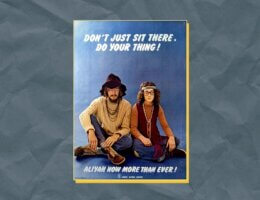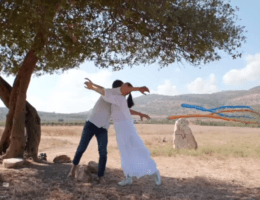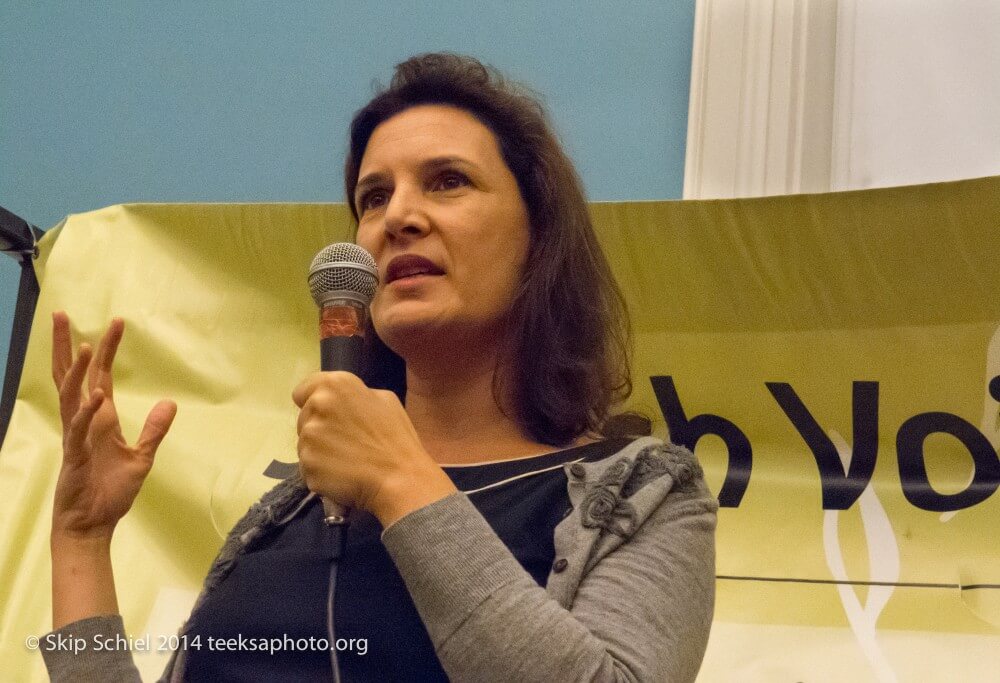Liz Rose wrestles with the Zionism she found so enthralling as a girl. “I didn’t care about my Russia Ukraine history. From a very early age–and with enormous help from the Zionist lobby’s efforts to create a brilliant branding campaign–I fantasized about and idealized Israel far more than I ever wondered about the true place my family was from. Instead of learning about Russia Ukraine, I dreamt of working in a field picking tomatoes on a kibbutz in Israel, singing songs while tilling the land, and putting down new roots with other young Jews who, like me, had cut the branches from their families in the U.S. (and Europe) and left their old lives behind.”
“Facing History,” a rich source of teaching materials, tells students that the bigotry and hatred we see today are legacies of past injustices. And systemic racism and indigeneity are the subjects of entire Facing History courses. But the nonprofit’s omission of Palestinian history is intentional. “Facing History” functions as though it is possible to be both anti-racist and Zionist.
In Ben Grayzel’s documentary about going to Israel on Birthright indoctrination program in 2019, Wael, a Palestinian student, tells him about the absurdity of Birthright. He says it’s crazy that an American Jew who has never come close to the Middle East has such a birthright. most of my cousins are Palestinian and maybe 90 percent cannot enter Palestine,” he says. “That doesn’t make sense.”
Liz Rose reflects on Rosh Hashanah: “We made the desert bloom,” my mother said when I was ten years old. “How did we do this,” I asked, “from the other side of the world?” My mother pointed to the blue JNF box full of loose change. “That’s how.” And then I felt a selflessness in me, learning to give to others who required help, like Israel, who I believed–because my mother believed–needed money to help make the empty forest grow.
“Amos Oz eroticized the land and language of Israel, and it gave me permission to do the same.” Nearly a year after the writer’s death, Liz Rose reflects on the ways that Oz fostered her youthful excitement about liberal Zionism. And how she looks on his writing now that she opposes Zionism.
Liz Rose meets two Jewish teens who feel no angst about coming out as anti-Zionist in articles in their Evanston high school newspaper. They have the support of their parents. But when Rose was becoming an anti-Zionist, her community was opposed. “Judaism and Zionism are totally synonymous!” my mother told her many times, when she tried to talk about the shift she was going through.
Just eight days after an administrator offered public high school teachers in Skokie, Illinois, the opportunity to take a summer professional development course called “Teaching Palestine” as part of “Equity” training, the school district retracted the offer in a statement from top administrators apologizing for for the hurtful, “one-sided nature of this course.” Pro-Israel groups had pressured the school district to remove the “propaganda” course.
A New York Times travel piece about Jaffa describing it as an “ancient neighborhood” of Tel Aviv now revived by Israeli chefs so erased Palestinian history that the paper had to issue a correction about its lapses. But the Debra Kamin article still says there are “accusations” that the city’s Palestinian history is being erased, an implicit denial of the Nakba.
The recent declaration of anti-Zionism by Jewish Voice for Peace has the compassion necessary to reach liberal Zionists– and thus to break the consensus within the Jewish community. And because Jews are still the gatekeepers of the American discussion of Israel, the statement could ultimately move U.S. policy toward equality.
Last year Birthright began offering academic study abroad programs to U.S. college students. Educator Liz Rose writes about the course descriptions and what they say about how Birthright represents Israel and Palestinians: “Israel is represented as minding its own business, just trying to survive. Students are told they will talk with the Jewish residents near Gaza, but they won’t speak with Gazans or hear their perspective.”









